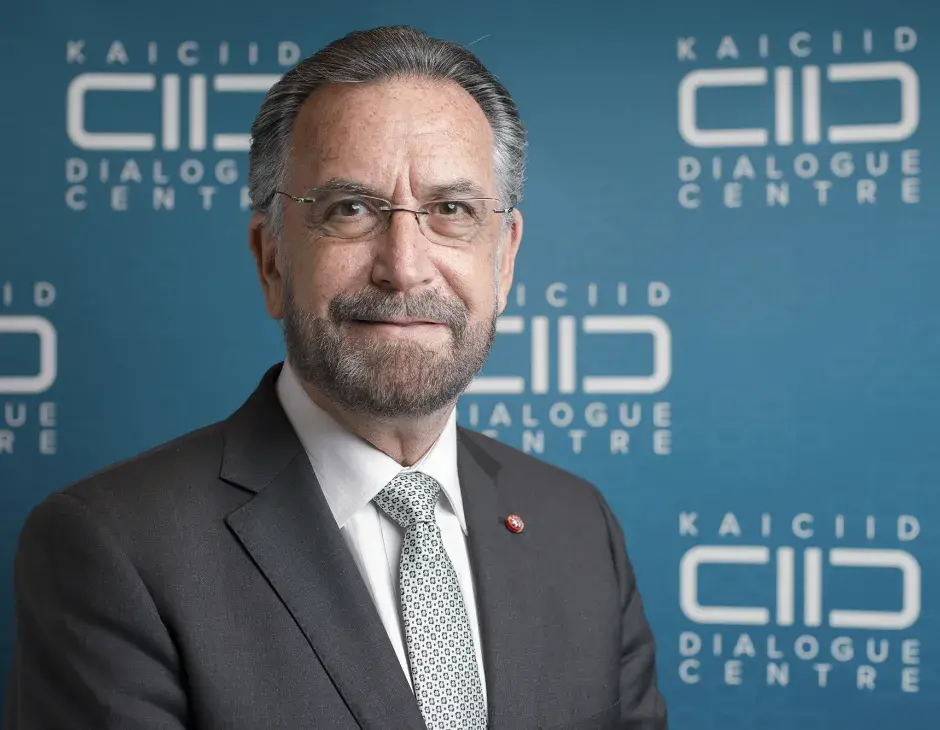The history of Biblical salvation begins with the story of a refugee, Abraham, who leaves his birthplace in Ur of the Chaldees (today’s Iraq) for a better future for himself and his family, and to contribute to a better future for humanity.
In addition, the central narrative of the Hebrew Bible that seeks to orient our moral conduct, is the experience of Divine Redemption from bondage, affirming that anything that denies human freedom and dignity is idolatrous – i.e. an affront against the One Transcendent Reality that we call God, Creator and Father of us all.
Thus the Bible calls on us to affirm human life and dignity, pursuing justice, righteousness and peace, and especially protecting the vulnerable in society - the poor, the orphan, the widow, the sojourner , epitomized in the refugee who seeks to live in peace among us.
This is a fundamental religious obligation and thus it is precisely religious leaders and their communities who have the responsibility to lead in demonstrating solidarity with the vulnerable and those in need, as exemplified by refugees.
The duty to ensure the wellbeing of members of one’s own society must be balanced with a graciousness and compassion towards those seeking refuge within that society, guaranteeing them dignity and freedom; preventing exploitation; and ensuring access, security, and decent living conditions.
Every human being is created in the Divine Image. Therefore to turn one’s back on another in need, but especially those whose very existence is vulnerable as is the case with refugees - is to turn one’s back on God Himself.

